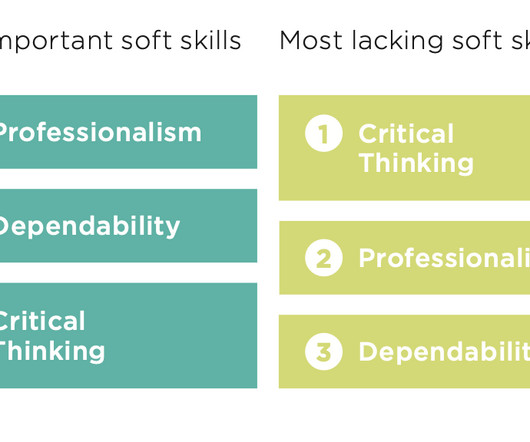Medical Assisting vs. Nursing: Which Path Is Right for You?
Northwest Career College
JULY 17, 2025
Typical responsibilities include: Greet patients and schedule appointments. Nursing is a practical job that highly requires critical thinking. Medical assistants are multi-skilled practitioners who perform administrative and clinical duties in health care. Recording of vital signs and medical history.













Let's personalize your content